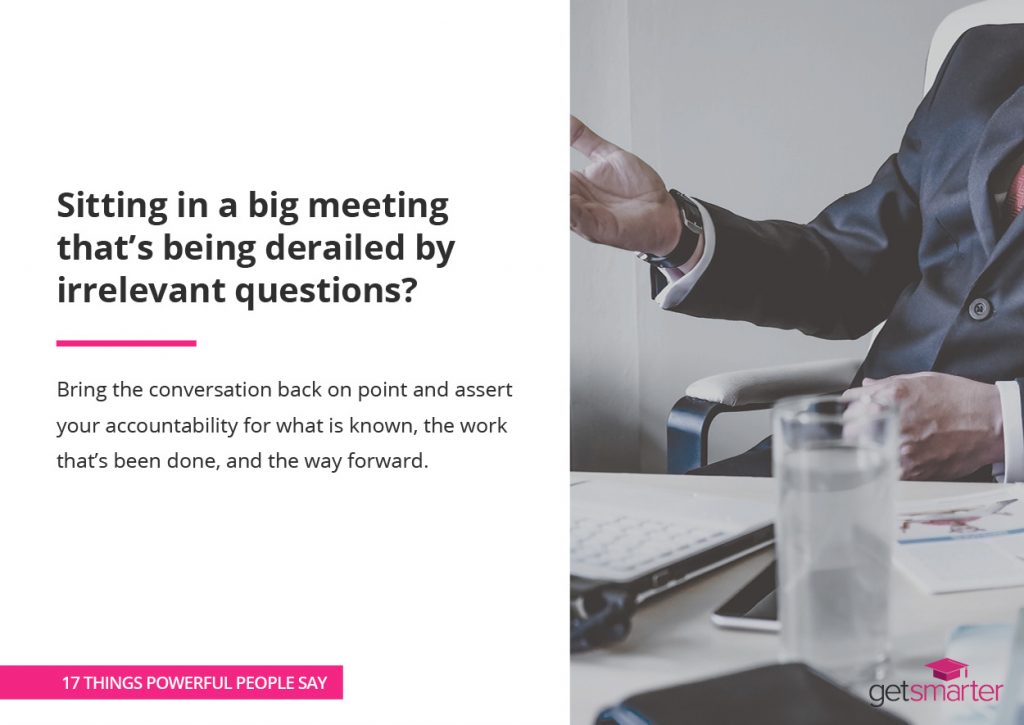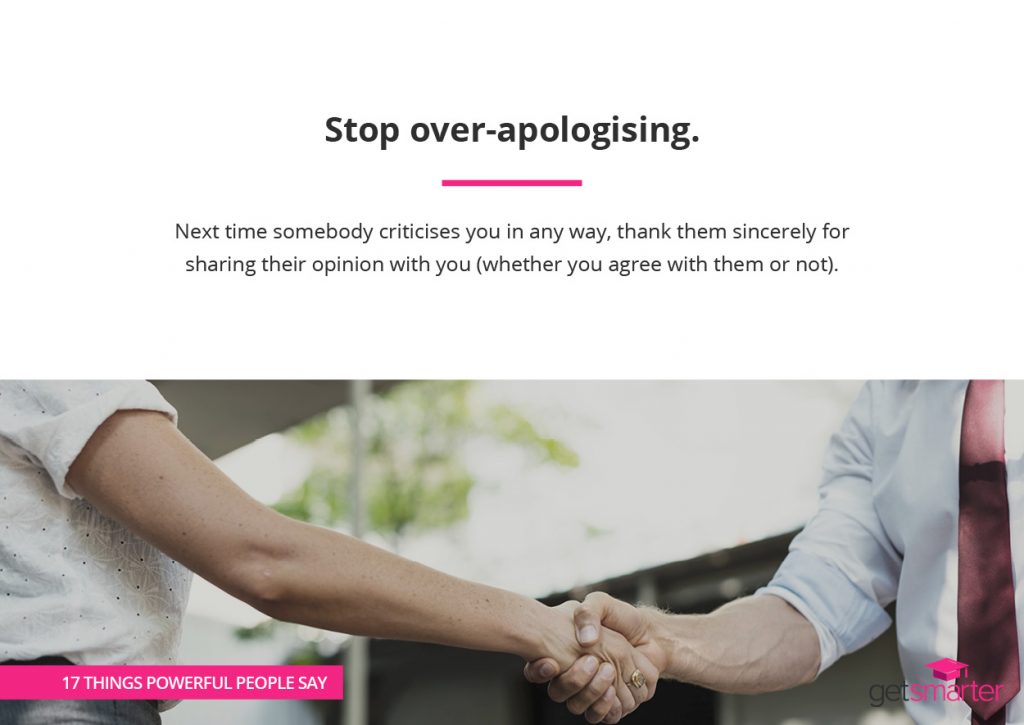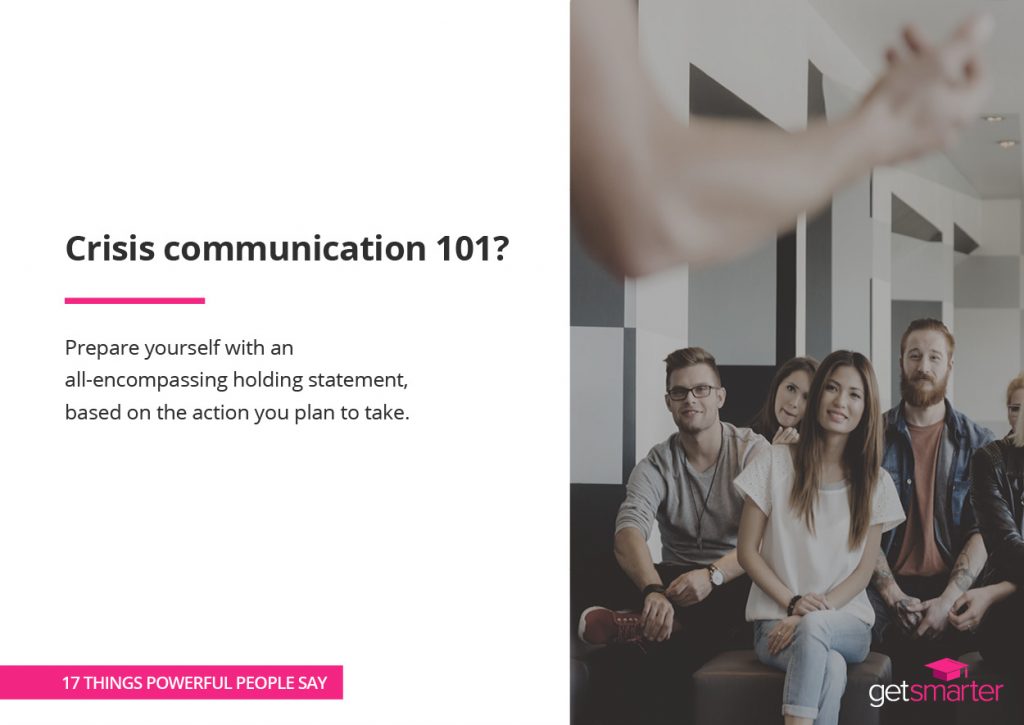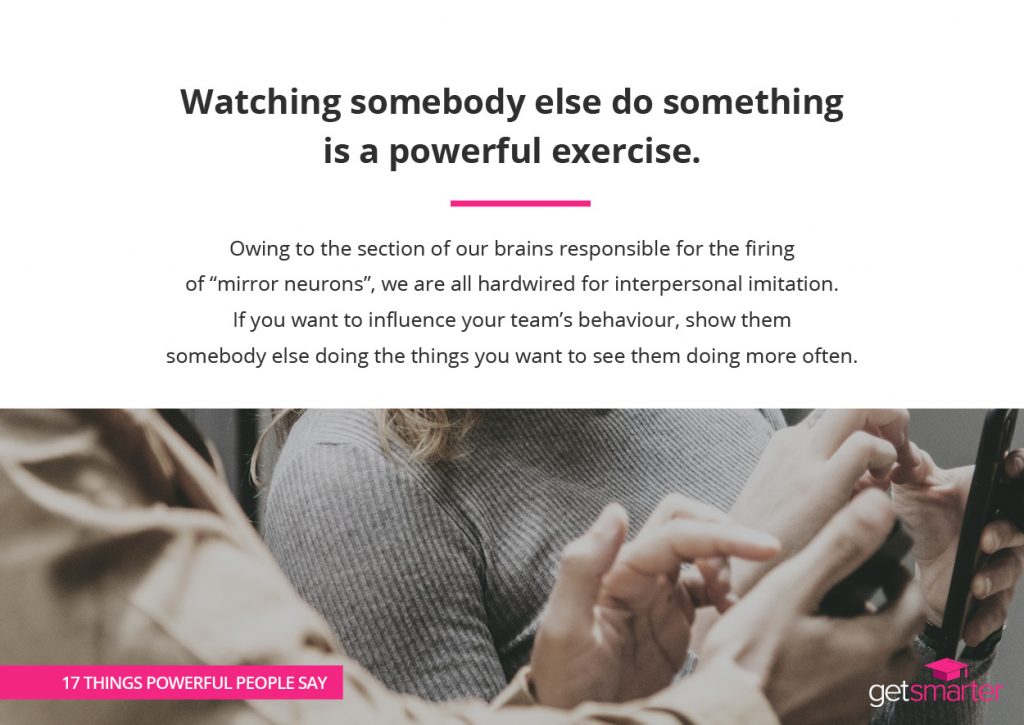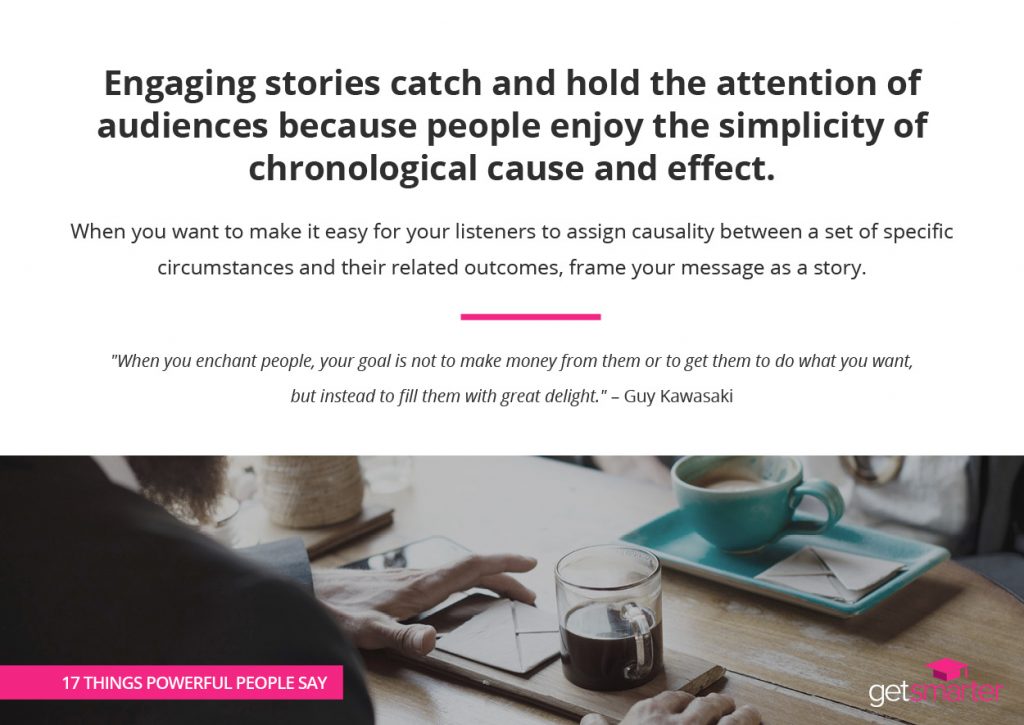17 things powerful people say
Wonderlic Incorporated, a privately-held company offering pre-employment testing assessments and solutions, recently completed a survey reviewing employers’ expectations and recommendations before hiring. One of the primary findings was 93% of employers describe soft skills as either an “essential” or “very important” factor to take into consideration before making a hire.1 What was one of the most prominent soft skills to stand out? Communication.
The kind of managers that help their team succeed are the ones who can collaborate, communicate, and work toward common goals, while having the right emotional intelligence to navigate conflict, show vulnerability, and show respect to their fellow colleagues and team.
What are four factors of good communication?
- It’s a two-way street: the kind of communication you should develop is one that resembles an exchange of information, rather than the one-way impartation of information. Rather than seeking to deliver a message, a good communicator is one who sticks around long enough to ensure the receiver has understood the message, and to clear up any confusion or resentment. The way to do this is to ensure a feedback loop is included in the process.
- Get engaged: Gallup management consulting company says approximately 70% of employees are actively disengaged at work.2 However, regardless of how skilled your team may be, without motivation, there is no impetus for them to connect and collaborate with their fellow team members. Lead the way, by having a genuine interest in each individual in your team, and watch your productivity grow as a result.
- Show a little appreciation: Recognising the work and efforts of your staff is an imperative part of being an effective manager or employer. Individual connections between you and your teammate, supervisor or executive, are increasingly necessary to assure the camaraderie and buy-in needed to maintain and grow productivity.
- No more negative talk: whether it’s downplaying your own capabilities, over-apologising, or speaking badly of others, negative talk is toxic in all instances. We’re not saying that telling someone no is negative, quite the contrary as the ability to say no to others is a good communication skill to develop, rather, we’re talking about self-defeating patterns of behaviour that are often more harmful to yourself than others.
Ready to develop the kind of communication skills, powerful people have acquired? Below are 17 ways you can become a more fluid, confident and respected communicator.
Are you ready to further develop your soft skills?
Browse through our online short courses to see where you can transform from novice to expert.




